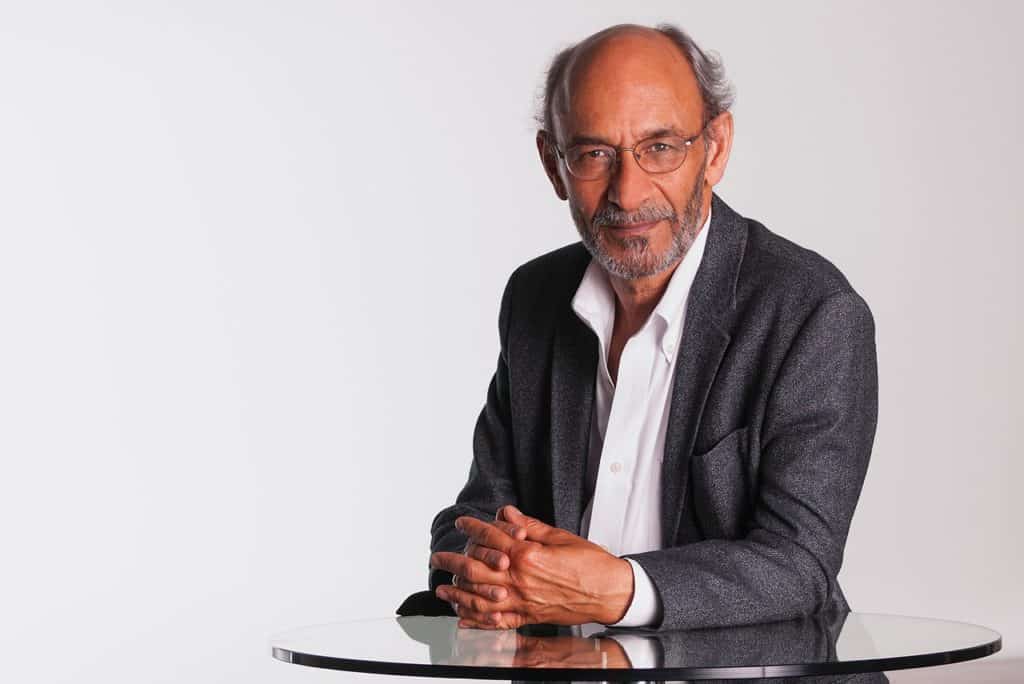By Hal Lancaster
Frustrated executives are continually asking me why – despite their blue-chip resumes and track records – they are bypassed for the jobs and promotions they covet.
In many cases, I fear, the answer has to do with a shortage of personal charisma. The higher up the corporate ladder you go, the tougher the competition. When everybody has blue-chip credentials, how do hiring teams choose the winner? They can’t explain what they’re looking for, but they know it when they see it. It’s that certain je ne sais quoi, that aura, that presence.
In other words, charisma.
Sharon Voros, a veteran of the executive search industry, describes a Midwestern electronic components maker’s search for a CEO in her book, “The Road to CEO” (Adams Media Corp., 2002). The company wanted someone who had stage presence and communication skills, and many of the candidates paraded before it “just didn’t look the part,” she writes.
What the hiring team wanted was a CEO from Central Casting, a tall, rangy, silver-tongued devil with a little gray at the temples, a winning smile and a bone-crunching handshake. These charismatic cowboys are particularly in demand nowadays especially at troubled companies in need of people who can inspire and rally the troops.
Born or Made?
This subject has long fascinated me. What are the elements of charisma? Can you grow your charisma quotient, or is it something you’re born with–or without? This discussion doesn’t fit the usual format of this column, in which I discuss career issues with people who have encountered difficult challenges. It seems a bit absurd to ask charismatic people how they got that way and how it benefited their careers. Anyone who would even attempt to answer those questions has already tipped over into narcissism and should be roundly ignored.
So instead, I’ve done some research on charismatic leaders, tossing in remembrances of magnetic leaders I’ve met. I’ve also provided thoughts on how you might become a tad more appealing, with the help of Tony Alessandra, a California-based consultant and author of “Charisma: Seven Keys to Developing the Magnetism That Leads to Success” (Warner Books, 2000).
Susan RoAne, the San Francisco-based author of “The Secrets of Savvy Networking” (Warner Books, 1993), cautions that truly charismatic leaders are focused on others, not themselves. “If it’s to make people comfortable with you, or to get beyond your own shyness, then I say that’s fine,” she says. “If it’s to control other people, that doesn’t fly.”
As Mr. Alessandra defines it, charisma is simply “the ability to affect other people positively.” And, he adds, charisma isn’t genetic or out of anyone’s grasp. Consider George Foreman. The brooding, withdrawn young boxer has transformed in middle age into a popular public figure and highly successful corporate pitchman, a beacon of cherubic, self-effacing good humor.
How Charisma Varies
Different people are charismatic in different ways, Mr. Alessandra contends. Bill Gates is an example. Several years ago, I spent a few days on the Microsoft campus and interviewed Mr. Gates, who certainly doesn’t fit any conventional definitions of charisma. During the interview, he rocked distractedly in his chair, rarely made eye contact and offered wordy, elliptical answers to questions.
But Mr. Gates’s vision of a world transformed by technology literally infected workers at the sprawling, Redmond, Wash., campus, like a computer virus. I remember being struck by how many people parroted the Gates mantra about wanting to change the world. It was the right message for the right audience and in that particular group, Mr. Gates was a charismatic icon.
Lesson: One way to build your charisma quotient, Mr. Alessandra contends, is to have a passionately held vision that captures people’s attention. What do you feel strongly and dream about? The more enthusiasm you have for your vision, the more likely you are to persuade others of its worthiness.
Orit Gadiesh, the chairman of Bain & Co., a Boston consulting firm, is known for her outgoing, outspoken manner, flamboyant dress and dashing background (she’s a former Israeli soldier). But what I’ve noticed in interviews she’s given is her use of symbolic terms such as “true north” to describe her concept of how Bain and other organizations should operate. While the magnetic North Pole is continually shifting, true north remains constant and fixed and so should the corporate values that guide a company, she says. The term has been oft-repeated, encapsulating, as it does, so much of what has gone wrong recently at companies such as Enron.
Lesson: Charismatic speakers sprinkle their conversation and presentations with powerful symbols and catch phrases, a la Martin Luther King’s “I have a dream,” or John F. Kennedy’s “Ask not what your country can do for you — ask what you can do for your country.” This doesn’t mean that style outweighs substance. Charisma quickly fades to insignificance if deeds don’t follow words. But powerful images stick in people’s heads and can move them to action.
Herb Kelleher illustrates how charismatic leaders connect emotionally with people. The former CEO of Southwest Airlines built a tiny, regional airline into a powerful national presence with a consistent message of low fares and quality service. His company accomplished his vision because of the culture he created. A chain-smoking jolly prankster, he was known for dressing up in outlandish costumes for company parties. He once arm-wrestled a fellow CEO for the use of a disputed slogan. He created awards for employees and worked and celebrated along with them. During job interviews, he talked to people about their personal lives, sometimes to the exclusion of business issues.
Southwest employees, from executives to ticket-takers, saw Mr. Kelleher as one of them.
They were drawn to his concept of a bunch of mavericks outdoing the big boys and having a darned good time in the process. “We give people the opportunity to be a maverick,” he once told me during an interview. “You don’t have to fit into a constraining mold at work; you can have a good time. People respond to that.”
Lesson: People are drawn to leaders who show empathy and season it with a good sense of humor. Charismatic people make others feel important. While others speak, they truly listen, instead of preparing their response in their heads, as many do. They go out of their way to learn about the personal lives of people who work for them. They create a sense of being in the trenches with the troops, instead of hiding away in a corner office.
To tap your charisma potential, practice and aim for small successes, Mr. Alessandra advises. Videotape yourself making a presentation and have trusted friends and advisers critique your performance. During conversations, focus on the other person instead of yourself. Listen to them intently, looking for visual clues to what they’re really saying. Ask them questions.
Certainly, in any success equation, personal magnetism isn’t the only variable. Ability, integrity and credibility also must be present. But in today’s competitive market for top jobs, Mr. Alessandra insists, charisma matters.
“There’s no question that in your career, you’ll stand out above your peers if you have more charisma,” he says. “You will be able to inspire and motivate others more.”
Tidying up my PC and found this posted in one of my newsletters back in 2003, still relevant. Original source.





